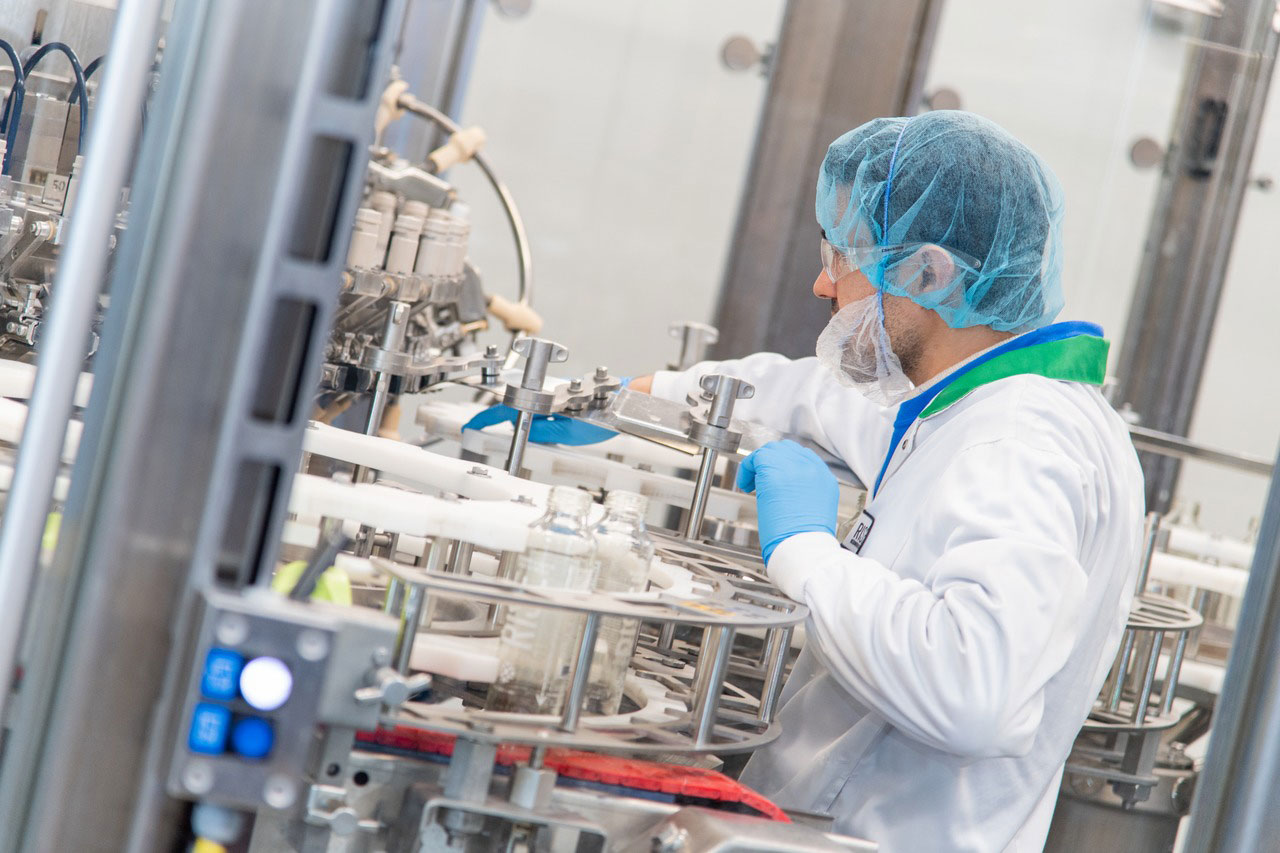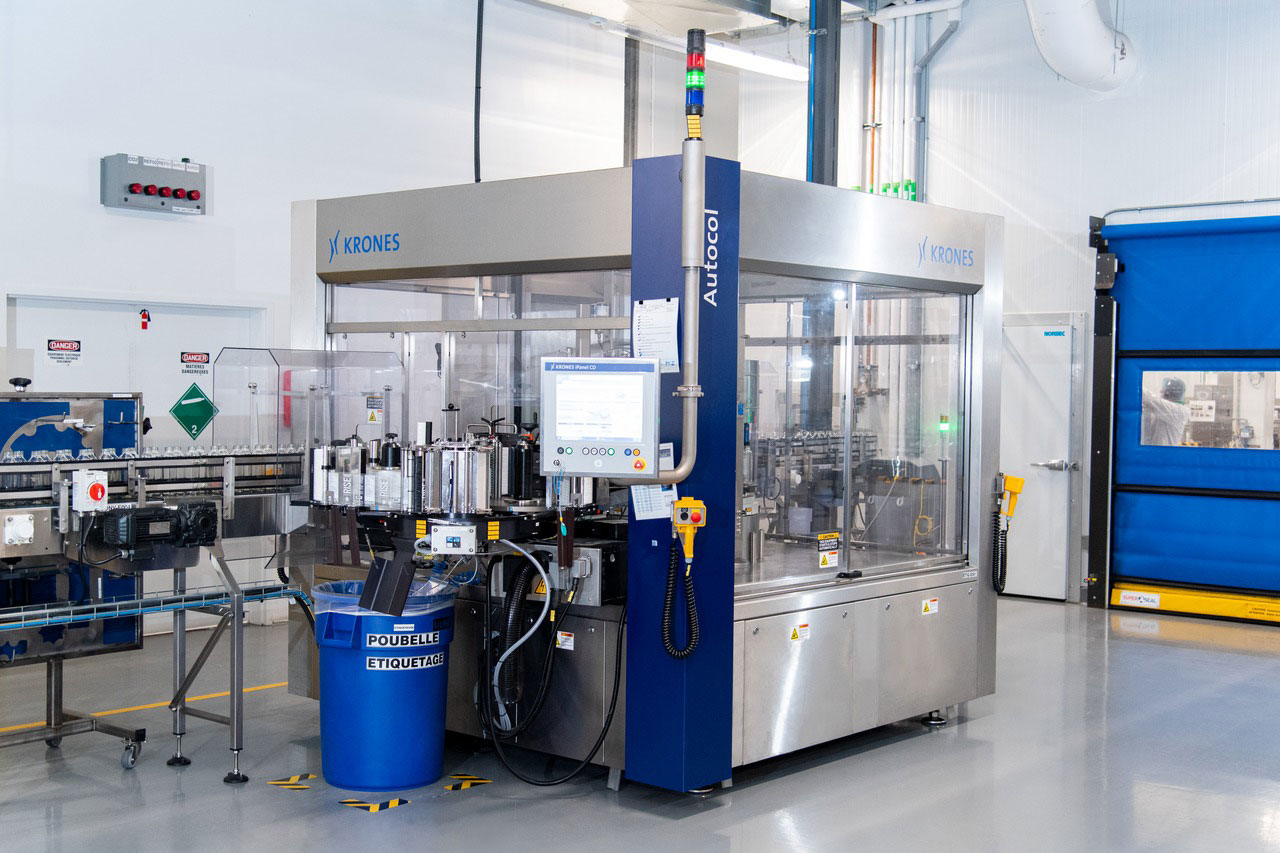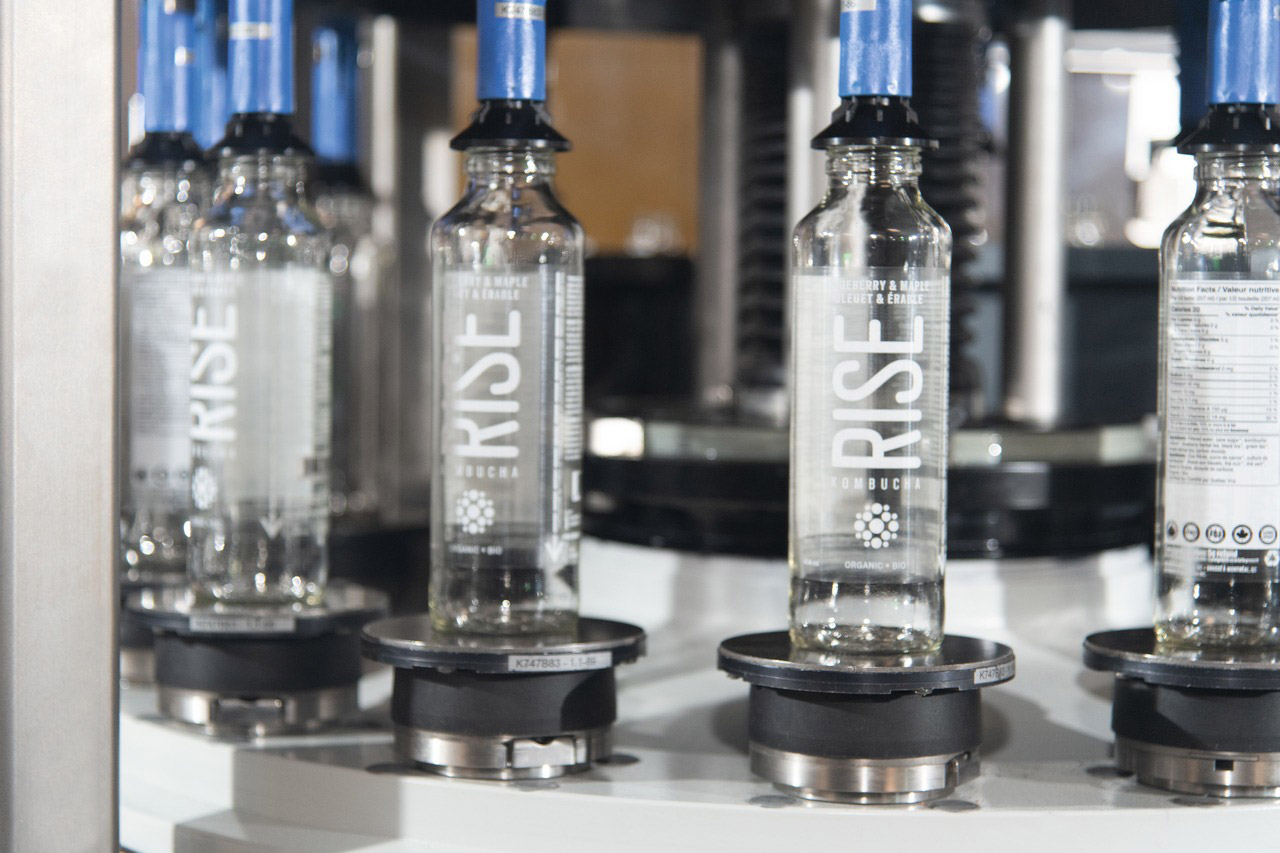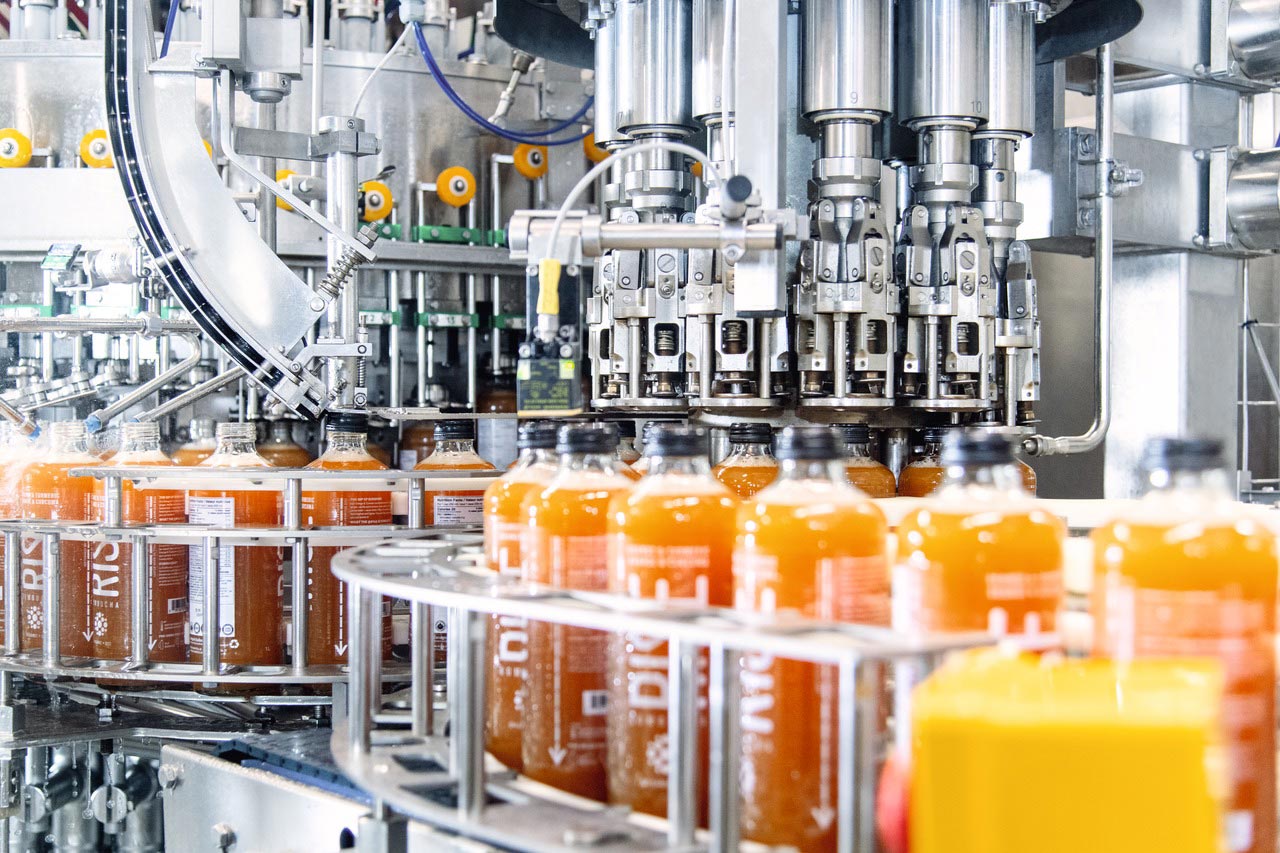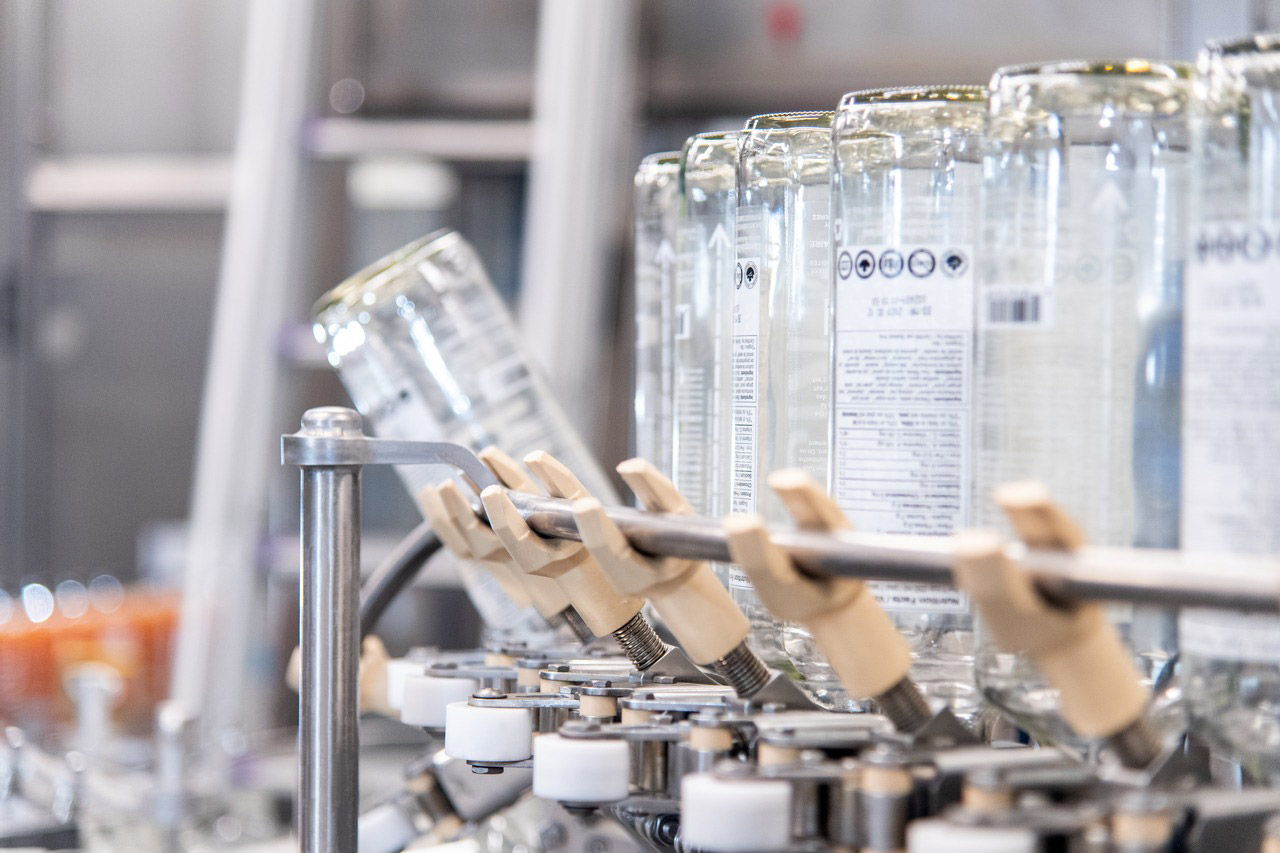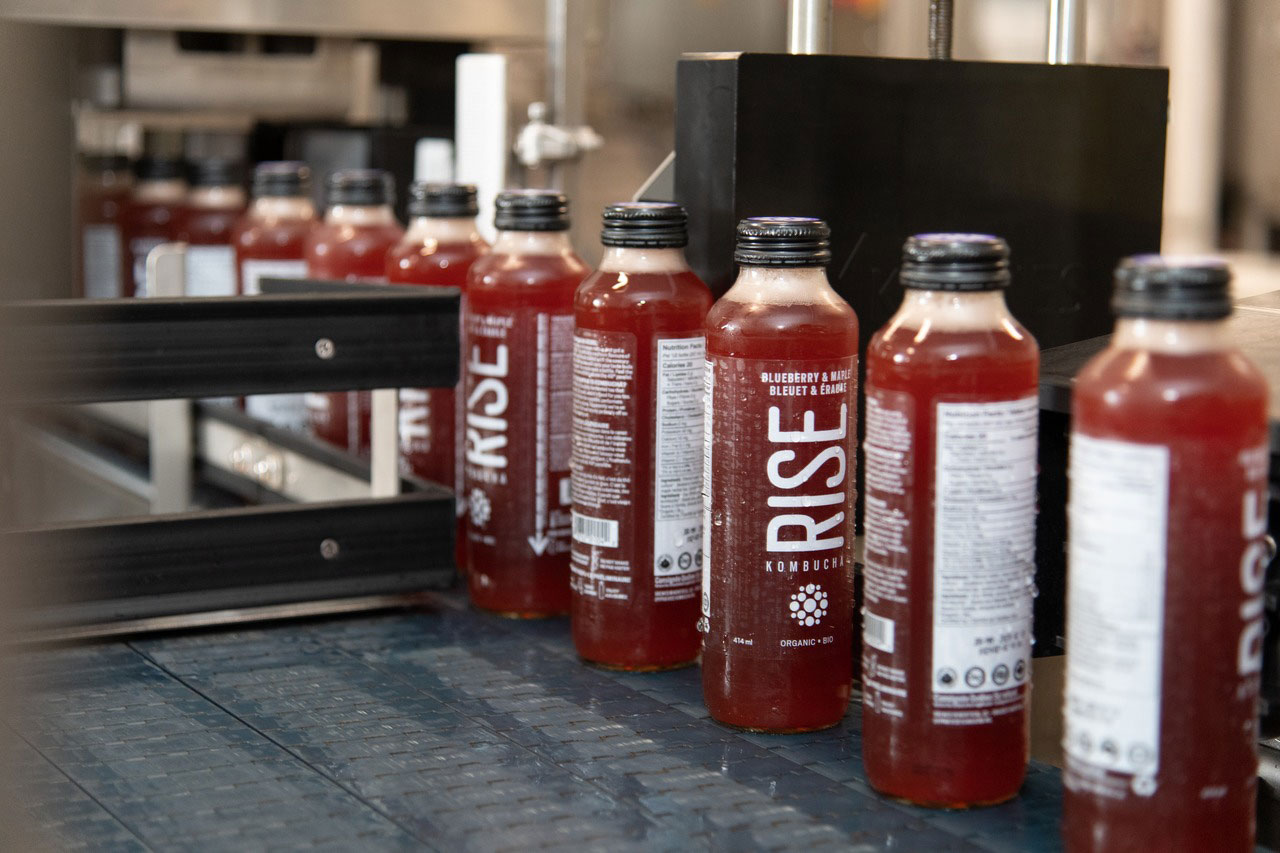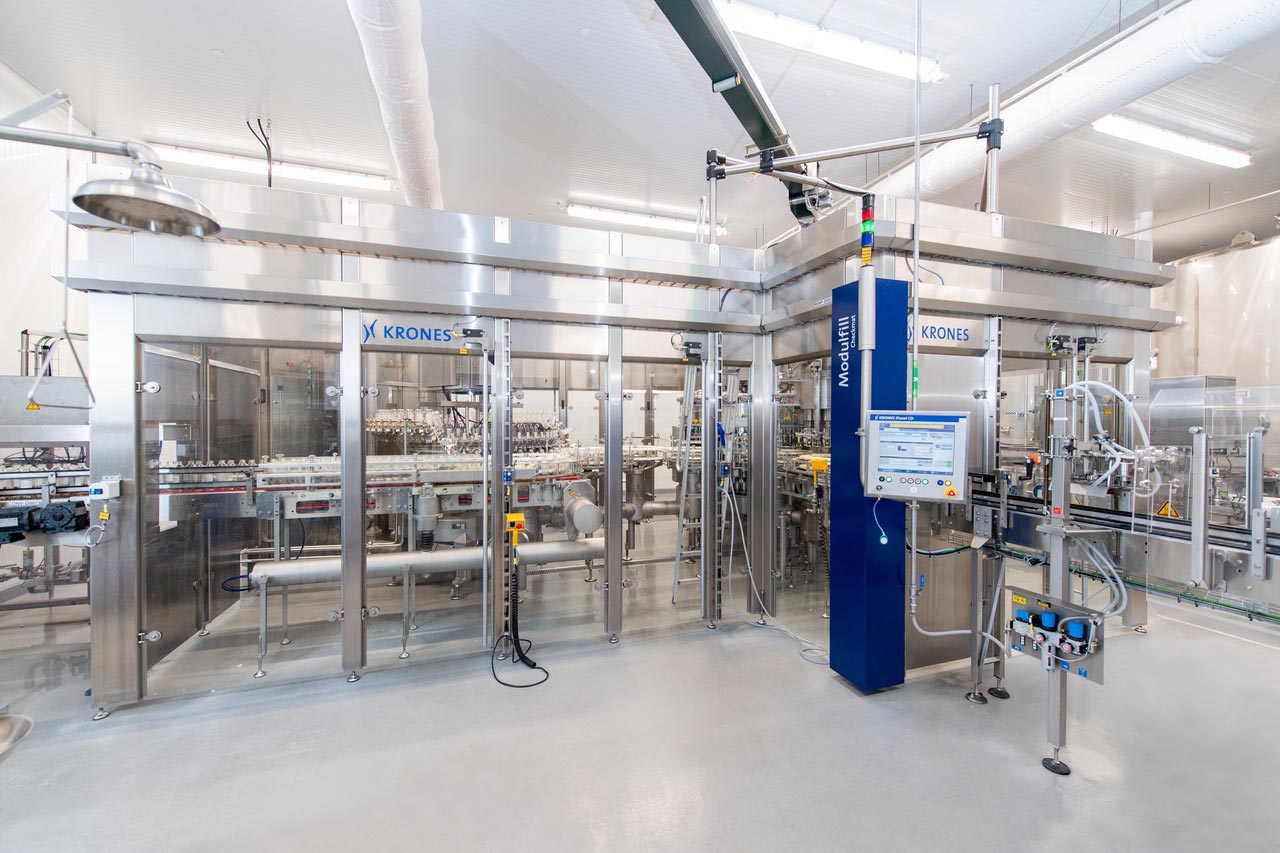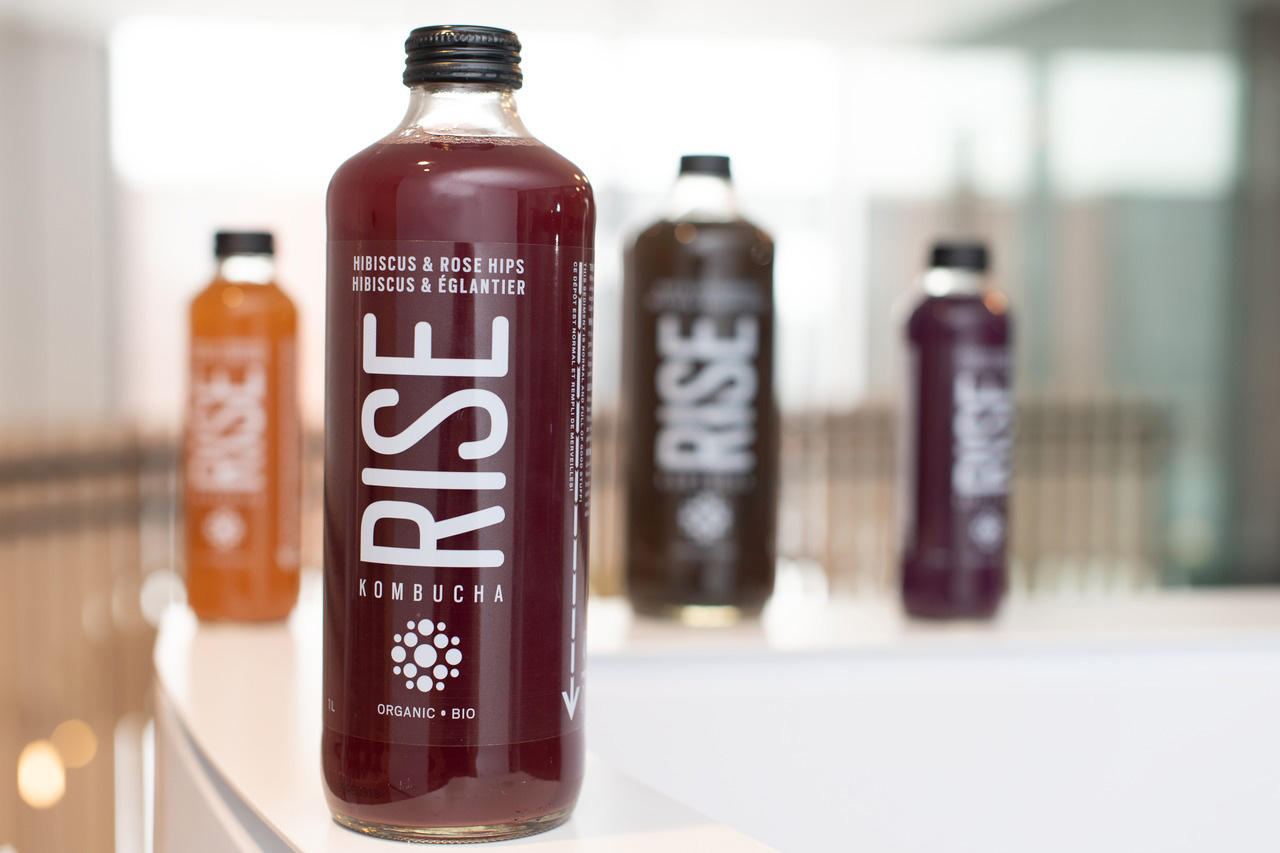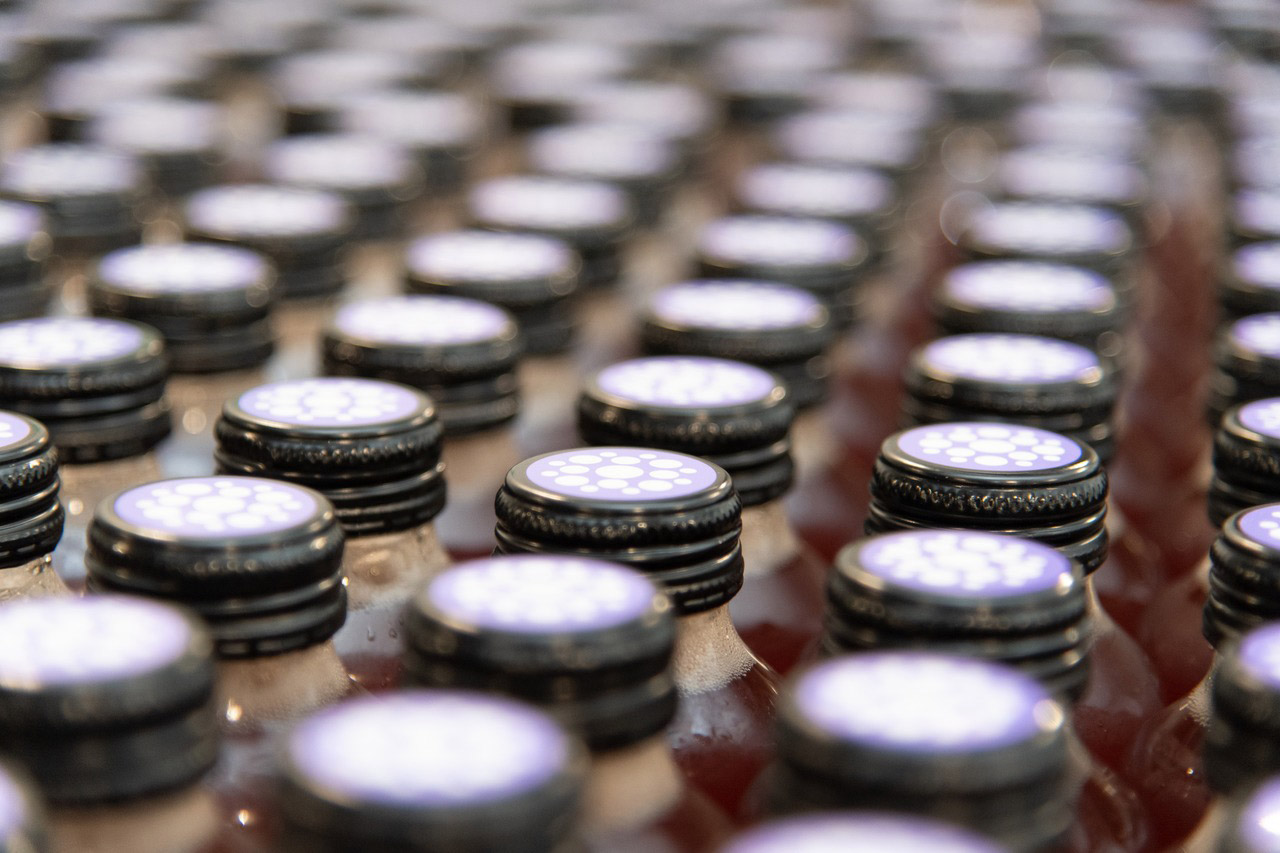Good reasons to choose Krones
Axel Kalbarczyk explains why RISE Kombucha chose Krones for its first foray into automation: “Krones came recommended by our consultancy. We didn’t have any real experience with that sort of machinery ourselves. I wanted to be sure that it didn’t become a weak link in our process. It wasn’t cheap, and there was a lot of time pressure, but we got a good deal with Krones.” The fact that Krones has quite a number of technicians in Canada, most of whom have many years of experience, was another important factor. “The machines have to run. So good, effective service is essential. So far, we haven’t been disappointed,” says Kalbarczyk.
As Canada’s leading kombucha brand, RISE is the only Canadian producer to serve the entire country. Canada’s kombucha market is still experiencing double-digit growth, and RISE feels it’s well equipped for the future. “The new facility gives us everything we need to keep growing. The Krones line is the key. Investing in it was a good decision,” says Kalbarczyk. “With it, we can expand our current operating capacity three times over simply by adding shifts.” Even if, at some point, the kombucha trend eventually becomes a mature beverage category, “RISE will continue to innovate, step up our marketing, and maybe even start exporting. Whatever we do, we’ll always focus exclusively on better-for-you beverages,” says the company’s ambitious president.


